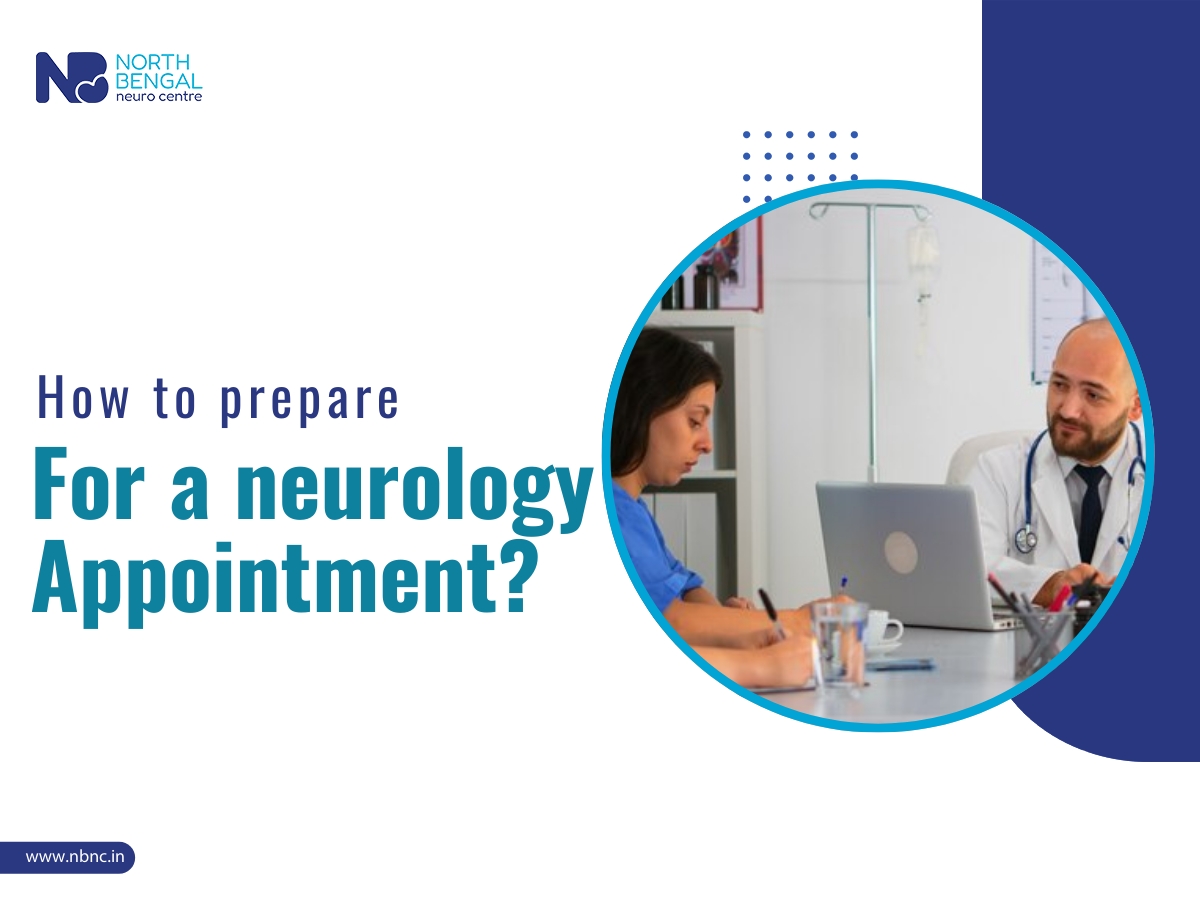According to several studies, our lifestyle modifications can actually prevent up to 80% of heart disease cases. Your daily lifestyle decisions, like as what you eat and how much you walk, have a big impact on heart health protection. This blog tells you easy and practical lifestyle modifications that can lower your risk of heart disease.
These ways will put you on the correct track, regardless of whether you already have risk factors like diabetes, high blood pressure, or high cholesterol, or you simply wish to take preventative measures. Get expert advice and support at the top cardiology hospital in Siliguri or near you.
Overview of Lifestyle Changes and Your Heart Health
Because your heart pumps blood and oxygen to every cell in your body, your heart is a vital organ. Unhealthy behaviors or activities like smoking, eating oily or highly processed foods, being stressed, and not exercising can harm your arteries.
This way, your lifestyle raises your blood pressure and elevates your cholesterol levels over time. This makes the conditions ideal for the development of heart disease. Though it's not always the only solution, medication can be helpful in certain situations.
You may naturally benefit your heart health by concentrating on making good lifestyle choices. These improvements enhance your vitality, circulation, and general quality of life in addition to preventing heart disease.
Eat a Heart-Healthy Food
What you eat on a regular basis can improve or damage your heart. Your diet has the power to either prevent or put you at risk of heart disease. Key advice for a heart-friendly diet is as follows:
-
Eat a lot of fruits and vegetables because they are high in antioxidants, vitamins, minerals, and micronutrients that help to maintain healthy arteries and reduce inflammation.
-
Quinoa, brown rice, oats, barley, and whole wheat bread all lower cholesterol and maintain stable blood sugar levels.
-
Avoid butter, margarine, and fried meals in favor of avocado, nuts, seeds, and olive oil.
-
Trans fats, added sugars, and excessive sodium are all heart-harming ingredients found in packaged snacks, fast meals, and sugary drinks.
-
Again, good choices include beans, lentils, skinless poultry, and fish. Because they are high in omega-3 fatty acids, fatty fish like mackerel and salmon are particularly beneficial.
Stay Physically Active
One of the most effective ways to safeguard your cardiovascular system is through exercise. Being physically active supports healthy weight maintenance, cholesterol improvement, and blood pressure reduction.
At least 150-155 minutes a week should be spent engaging in moderate exercise, such as swimming, cycling, or brisk walking, or 75 minutes of aerobic dancing or jogging.
At least twice a week, you should use strength exercises to boost metabolism and gain muscle. It is very important to move around your desk sometimes, walk while on the phone, or use the stairs. In order to make exercise feel less like a chore and more like a part of your lifestyle, finding an activity you enjoy is the best idea.
Maintain a Healthy Weight
Obesity and excess weight raise the risk of a great variety of diseases. These include diabetes, high blood pressure, and high cholesterol, all of which are contributing factors to heart disease.
Here’s what you can do:
-
Prioritize balanced meals and portion control over fad diets.
-
Use an app or a food journal to monitor your progress.
-
For long-lasting effects, combine regular exercise with a nutritious diet.
Focus on your waist circumference rather than your weight, which is very important. Did you know that an increased risk of heart disease is associated with excess abdominal fat?
Quit Smoking
Quitting smoking is not just good for your cardiovascular health but also beneficial for your overall health. One of the worst things people do for their heart is to smoke, which increases blood pressure, decreases good cholesterol, and destroys blood vessels.
Secondhand smoke is dangerous as well, putting you at risk of cardiovascular diseases. Your risk of heart disease will decrease dramatically within a year of stopping smoking, which improves heart health right away.
One can use support groups, psychotherapy, or nicotine replacement treatment to get help. You can try deep breathing, exercise, or sugar-free gum chewing can take their place. Never forget that it's never too late to give up.
Keep from Alcohol
Especially, moderate to excessive alcohol use can increase the risk of heart disease, cause weight gain, make hormones go out of balance, and raise blood pressure. If you do drink, limit your intake to no more than one drink for women and two for men per day.
Use flavored water, herbal tea, or sparkling water in place of alcoholic beverages if you have trouble with moderation. Consult your doctor, like a general physician, if you have issues with quitting alcohol. You might receive guidance from your specialist at the top cardiology hospital in Siliguri.
Manage Stress Effectively
Prolonged stress can play havoc with your heart health. It causes inflammation, increases blood pressure, and can result in harmful coping mechanisms like smoking or overeating. Stress management is essential for your heart health, so you can:
-
Try deep breathing exercises, yoga, or meditation as ways to relax.
-
Allocate time for interests and pursuits that make you happy.
-
Maintain relationships with friends and family; social support lowers stress and enhances wellbeing in general.
-
Make sure you get 7 to 9 hours of sleep every night, and this is because heart disease is closely associated with inadequate sleep.
Control Your Current Health Conditions
Diabetes, high blood pressure, and high cholesterol are often referred to as "silent killers" because they may not present symptoms until significant harm has been caused. These can be detected early with routine examinations and managed through a healthy lifestyle.
-
See your doctor routinely to monitor your blood pressure, cholesterol, and blood sugar levels.
-
Take prescription drugs as indicated, but also concentrate on changing your lifestyle.
-
Stress reduction, exercise, and diet can all naturally raise these figures.
-
To improve awareness and convenience, get a home blood pressure monitor.
Final Words
Age-related heart disease is not inevitable. You have the ability to protect your heart and have a longer, healthier life by adopting wise lifestyle choices. Maintaining an active lifestyle, controlling stress, eating a balanced diet, and avoiding bad habits like smoking can have a profound impact. Get expert support for your heart health at one of the best cardiac hospitals in Siliguri, North Bengal Neuro Centre.
Comments (0)






